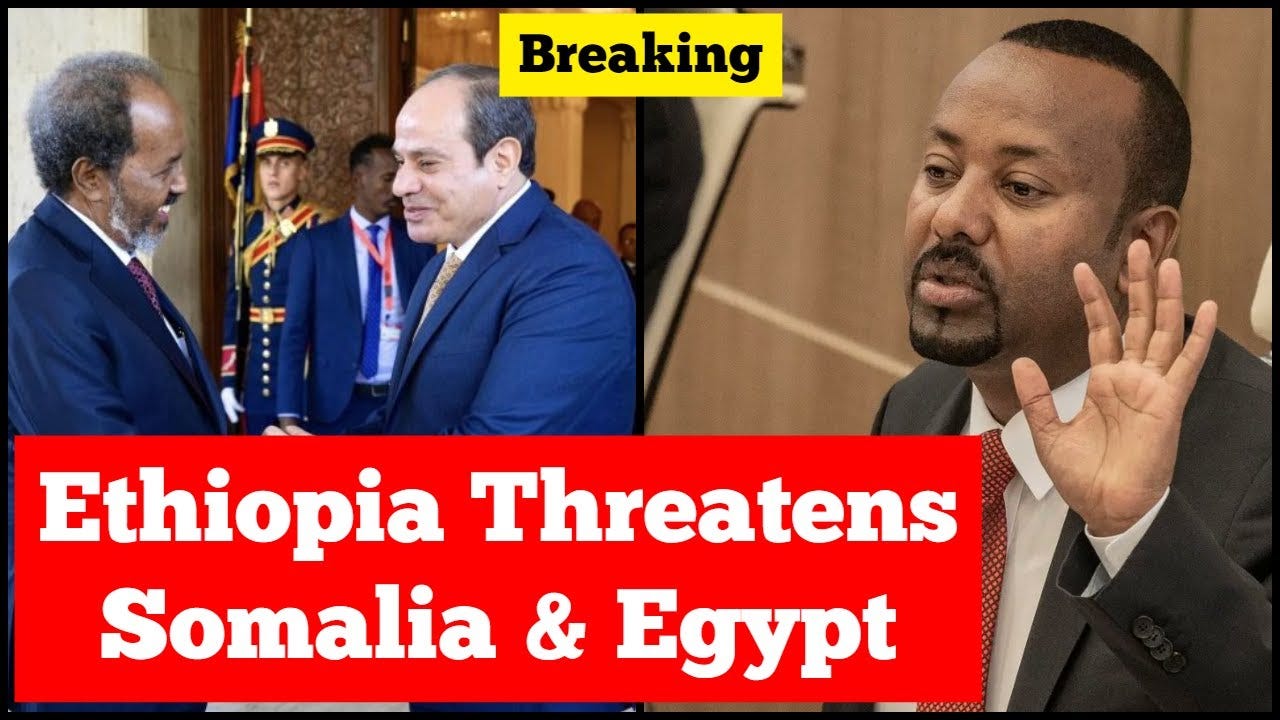Ethiopia vs Egypt: Analyzing the Geopolitical Tensions Over Somalia's Military Support
Complex dynamics between Ethiopia and Egypt over the latter's military support to Somalia requires a deeper exploration of the historical context, strategic interests, and potential pathways for resolution. This analysis examines the intricate web of geopolitical, economic, and security factors that shape this regional conflict.



